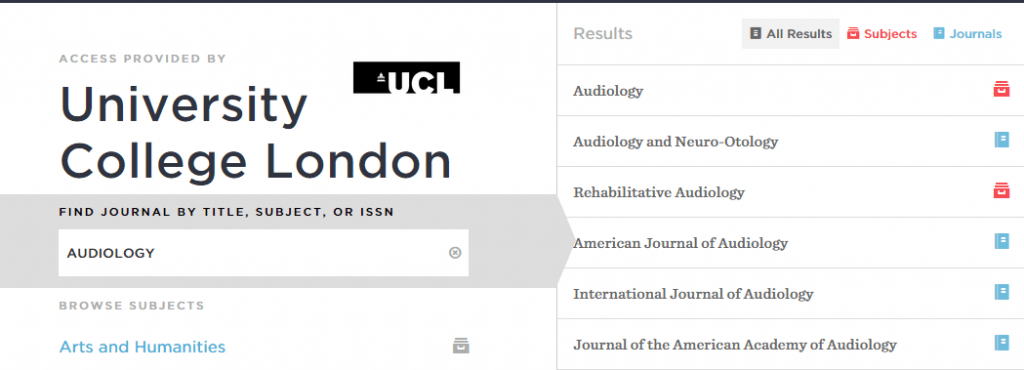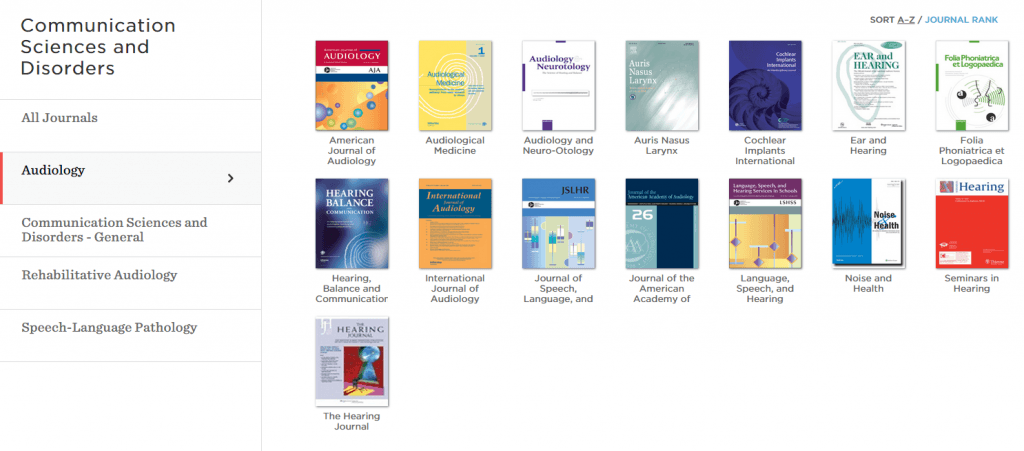Merry Yule Merry Yule to all – from Finlands Dövstum-förbund 1919
By H Dominic W Stiles, on 20 December 2019
 Close
Close
Information on the UCL Ear Institute & Action on Hearing Loss Libraries

By H Dominic W Stiles, on 20 December 2019
By H Dominic W Stiles, on 8 March 2019
You may well have noticed that the look of the blog has changed. This is the result of a so-called ‘improvement’ which is nothing of the sort and unfortunately we have to live with it. It means that I cannot re-size pictures – they appear fixed in size no matter what I try. Also note that the title says the blog is ‘by’ and then has no name. I am sharing this information as I do not want people to think the messy look of older posts is how they originally appeared. I have written the blog for a number of years and this is the longest hiatus. I hope that something will be done to actually improve the new look, otherwise I may not continue to blog here.
By H Dominic W Stiles, on 7 October 2016
By Ed Lyon
UCL subscribes to 50,000 electronic journals, and a wide range of journals received only in print format. There are dozens of journals which publish in the fields of audiology and otorhinolaryngology – it can be very difficult to monitor these journals for developments and maintain one’s current awareness: but it need not be. There are several tools which can help you keep up to date.
At the most basic levels are things like Google Scholar alerts, requiring a Google account which is easy to set up. These however bring you rather variable results. You can put in terms you’re interested in, such as “cochlear implant”, and make more complex searches, e.g. “cochlear implant” and author:waltzmann. This type of search is better than nothing but, depending on the terms used, may return a great deal of dross for every result of interest.
More useful material can be achieved through running regular searches through Medline. To do this you need to create an account, design and input your search and adjust the update settings. This is not as onerous a task as it sounds, but Medline uses medical subject headings – MeSH – which can be confusing when you first encounter them. Please call in or contact us and we will talk you through the steps.
Most journal websites allow you to set up alerts to receive electronic tables of contents. This can be a useful way of keeping up to date, but does rely on your seeing and acting on the emails. If you receive a lot of emails these may be missed.
However, UCL has a subscription to Browzine, which can be accessed through the Library website. Go to http://metalib.ucl.ac.uk/V/?func=find-db-1-title&mode=titles&scan_start=b&search_type=start&restricted=all and scroll down; you will need your UCL username and password if using it offsite.
This search for ‘audiology’ has turned up a number of journals, e.g. ‘Audiology and Neuro-Otology’: and two subjects, audiology and rehabilitative audiology. These expand to reveal a further range of journals:
You can add journals to a virtual bookshelf after creating an account, and then return to Browzine. You can see a video about it here:
By H Dominic W Stiles, on 29 February 2012
Archives Hub is a useful website (sponsored by JISC) that gathers together information about, and acts as a gateway into the archives of over 180 institutions across the UK.
By Alex P Stagg, on 23 September 2011
Welcome to the new blog for the UCL Ear Institute and RNID – Action on Hearing Loss – Libraries at the Royal National Throat, Nose and Ear Hospital, in King’s Cross, London.
The UCL Ear Institute and RNID Libraries are a collaborative venture between UCL, Action on Hearing Loss (RNID) and the NHS. As well as providing services to staff and students at UCL, Action on Hearing Loss, and the Royal Free Hampstead NHS Trust, the libraries are open to the public and provide reference and enquiry services to anybody conducting research connected with ENT medicine, hearing, or deafness.
Through this blog we will provide regular information about the library service – details of new books, electronic resources, and opening times. We will also highlight reliable sources of online information for anybody interested in hearing loss and deafness or other ear nose and throat issues such as voice disorders or allergic rhinitis, and where possible suggest background reading about relevant issues arising in the news.